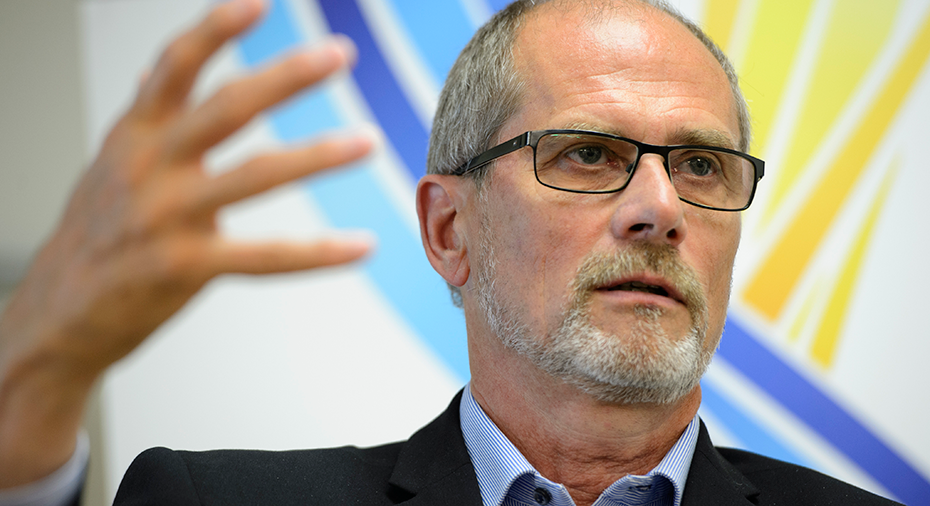By Andrew Warshaw
March 26 – Ten European football associations have written to UEFA expressing serious misgivings about the future format of the Champions League post-2024.
The ten want UEFA to guarantee that access to the new-look competition will be based on domestic league positions rather than historical criteria, but have not said how they will react if their plea falls on deaf ears.
The move was revealed by Lars-Christer Olsson, president of the European Leagues, following the body’s general assembly conducted by video-conference.
The 10 – from England, Sweden, Netherlands, Turkey, Belgium, Switzerland, Scotland, Norway, Denmark and Russia – also want UEFA to consider reducing the number of fixtures in any revised competition so as not to impact on domestic leagues.
UEFA’s plans for a new-look format to offset the threat of a breakaway super league is set to comprise a single 36-team league, known as the ‘Swiss system’, to replace the current group stage and will involve significantly more fixtures to accommodate the new format.
Olsson said all 10 associations support the European Leagues’ view that the proposals as they stand need tweaking.
“We have already said we are in favour of the new format but we want adjustments to be made to the proposals that better serve our interests,” Olsson told a post-assembly press conference, adding that he expected the approach to be discussed by UEFA’s club competitions committee on March 31 before the UEFA executive committee meets the following day.
The European Leagues, which comprise 35 competitions in 30 countries, has long been concerned about more matchdays in an already very congested calendar.
The body has been adamant that any new Champions League system must maintain competitive balance and not allow the qualification process to favour heavyweight teams with historical success records, which is what UEFA’s blueprint will apparently do for as many as three of the four extra entries.
“Our argument is that there should be more champions rather than having additional clubs coming from the major leagues,” said Olsson. “It’s now up to us to argue for these changes. We’ll see what happens.”
UEFA believes the so-called Swiss model would generate greater revenues as it would produce 225 games to sell to broadcasters instead of 125, as well as enhance fan interest.
But Olsson disagrees with that, as well as the idea of having four additional match dates. “We support doing away with the traditional group stage but our view is that less is more in terms of adding value. I don’t think fans want more matches. I think they want better matches. Not only that. Four extra match weeks would create a huge burden on the domestic and international calendar.”
Olsson conceded that Europe’s elite clubs, represented by the influential European Clubs Association, were of a different view and carry greater weight than the leagues in terms of influencing UEFA.
“Traditionally over the last decade we have to admit that the clubs playing the European competitions are closer to UEFA than we are,” he said.
“That is still the case but I believe it will change in the future because we and UEFA are both competition organisers. Right now we have the job of arguing for our proposal. UEFA will have to make their own judgement.”
Contact the writer of this story at moc.l1745072361labto1745072361ofdlr1745072361owedi1745072361sni@w1745072361ahsra1745072361w.wer1745072361dna1745072361

